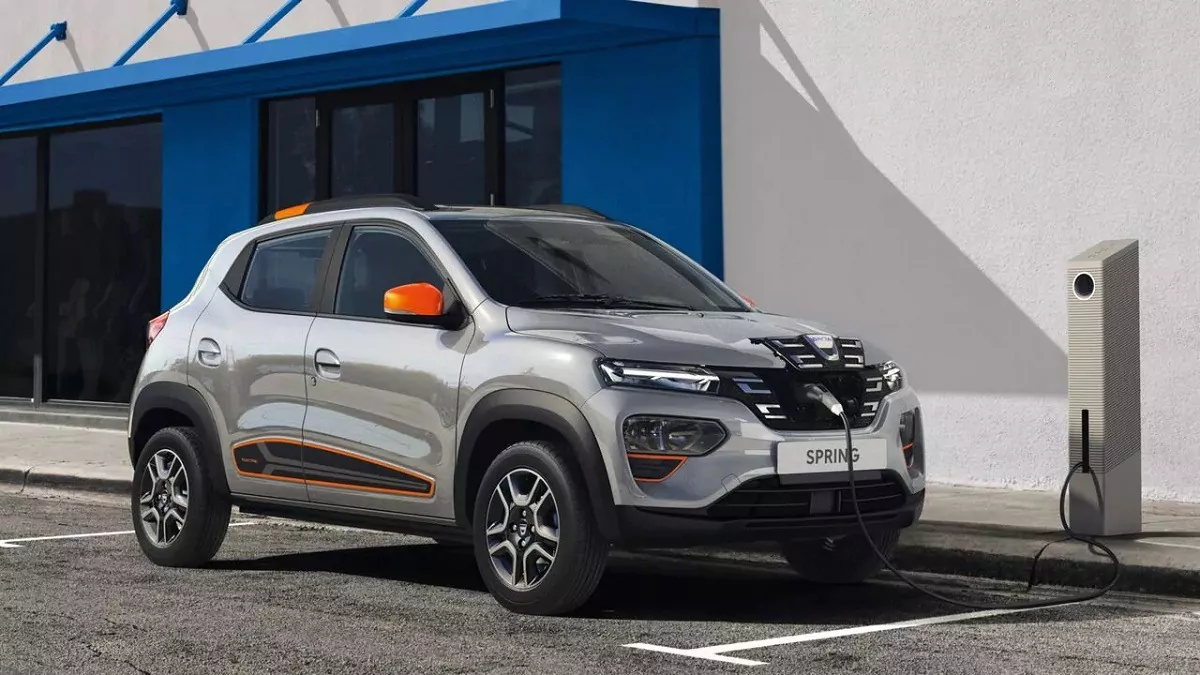Romania’s streets are filled, sometimes to capacity, with a total of 7.27 million cars, of which no less than 5.8 million are more than 10 years old, according to a recent ACEA study.
Urmărește mai jos producțiile video ale Economedia:
- articolul continuă mai jos -
Also, in 2020, on which the study data is based, Romania had 54.9% of cars running on petrol, 44.5% on diesel and just 0.1% electric.
Also, according to ACEA, cars in the EU were on average 11.8 years old, and Lithuania and Romania have the most outdated car fleets, with vehicles, almost 17 years old, a sign that at least up to and including 2020, car fleet renewal programs such as Rabla have not been very successful, a situation also caused by the abolition of the environmental tax. The newest passenger cars can be found in Luxembourg (with an average age of 6.7 years).
In fact, the disappearance of the environmental tax led to the highest growth rate of the car fleet in Romania, at 5.4%, followed by Slovakia at 5.1%.
Despite strong sales growth in recent years, cars with low- or non-polluting alternative engines accounted for only 5.3% of the total EU car fleet, while battery-electric and plug-in hybrids accounted for only 0.5% and 0.6% of the fleet respectively, and 1.2% of all cars on EU roads were electric hybrids.
Admittedly, the situation has started to change in the last year, with the introduction of Rabla Plus and the emergence of more and more electric models changing the mindset somewhat, but the problem remains their high price, which explains the success of the low-cost Dacia Spring, which has sold around 27,800 models in less than a year since its launch.
Romania’s still-low income level makes it difficult for electric cars to enter the market, along with the limited network of charging points and the contribution of the Rabla and Rabla Plus programs, which reduce the price of the Chinese-made model to around €9,000. The search for budget cars is also active in the rest of Europe, with Dacia Sandero’s second place in sales coming alongside Spring’s performance.

 Sursa foto: Dacia
Sursa foto: Dacia





























